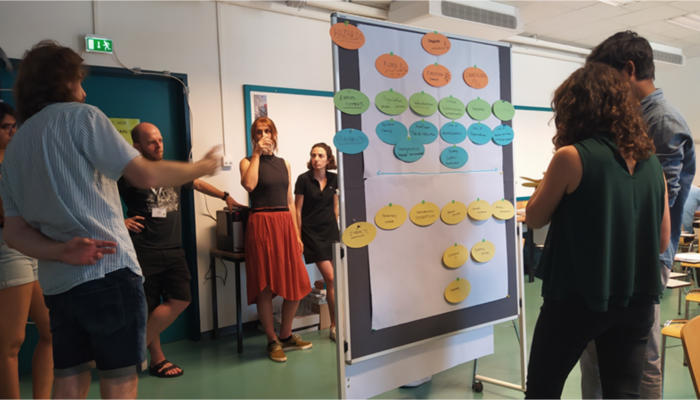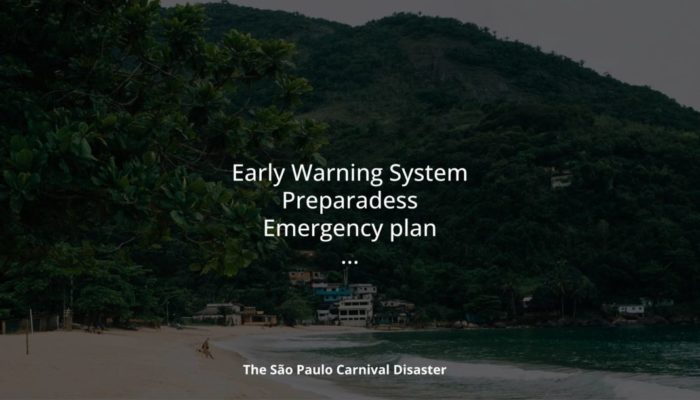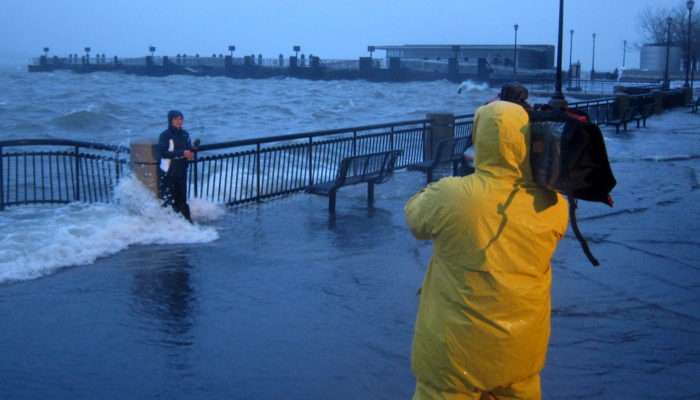This summer the University of Vienna has hosted an inspiring summer school on multi-hazard risk management, bringing science outreach and research closer together. In this post, Till Wenzel provides some insights about the importance of face-to-face meetings to bring together multiple perspectives and better understand multi-hazard risks. The summer school has been organized by the Vienna I ...[Read More]
Multiple perspectives to understand multi-hazard risks. Why is it important to meet face-to-face when we could also meet digitally?




